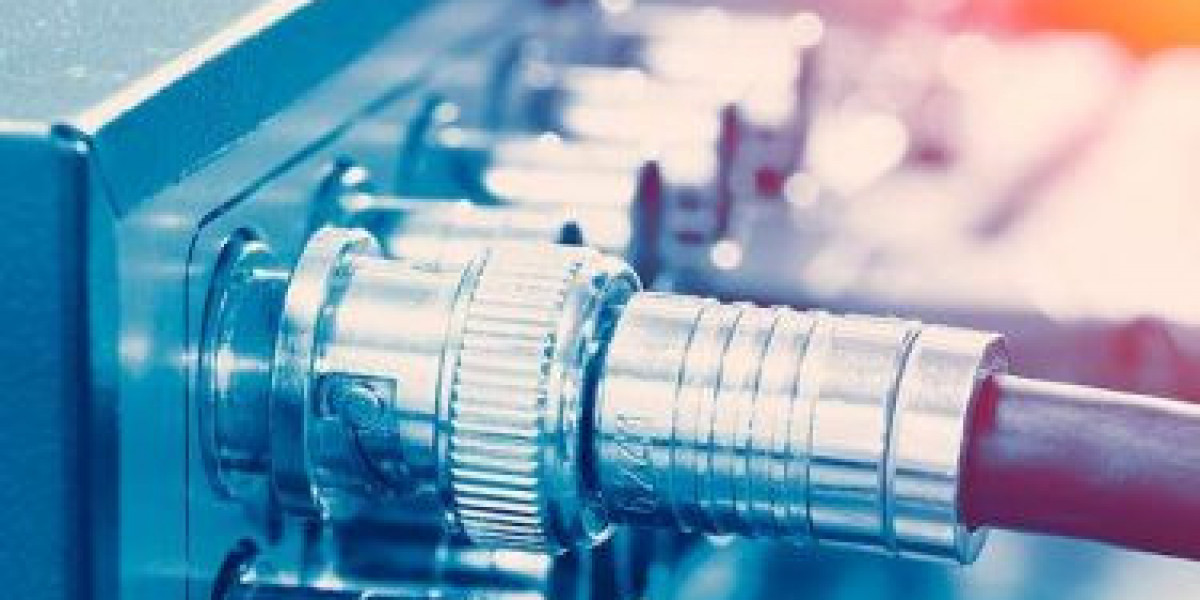Fixed Deposits have long held a prominent place in terms of investment in the hearts of Indians. FDs are appealing to conservative investors who prioritise capital protection over high returns. However, many are unaware that there are different FDs available. Let us explore the various types, explaining how they work, their unique benefits, and which type might suit you best:
Standard Fixed Deposits
The standard FDs are the most offered and widely available form. Banks allow customers to invest an amount for a fixed tenure, ranging from a few days to several years, at a fixed interest rate. The tenure is seven days to 10 years, and the Fixed Deposit interest rate payout happens at the time of maturity or regular intervals.
Tax-Saving Fixed Deposits
A Tax-Saving FD is a special variant with a lock-in period of five years. They make your FDs eligible for tax deductions. Most major public and private sector banks offer Tax-Saving FDs. They have a lock-in period of five years, and no premature withdrawals or Loans are allowed. You can acquire tax benefits of up to Rs. 1.5 lakh deduction under Section 80C. The interest earned is fully taxable based on the individual's income slab.
Senior Citizen Fixed Deposits
Individuals above 60 are eligible for Senior Citizen FD schemes with higher interest rates. These FDs offer retirees a better yield on their savings, combined with the safety of a fixed return. Banks offer 0.25% to 0.75% higher interest rates than regular FDs. The tenure is the same as standard FDs, but senior citizens get added benefits.
Flexi Fixed Deposits
The Flexi or Sweep-in FD is a hybrid between a Savings Account and an FD. It links your Savings Account to the FD and automatically transfers surplus funds beyond a set threshold into an FD to earn higher interest. Moreover, funds can be reversed and swept out to the Savings Account when needed. You get the opportunity to earn higher FD rates for the swept-in amount. Professionals or business owners with fluctuating incomes can benefit from a Sweep in FDs.
Corporate Fixed Deposits
Corporate FDs are offered by numerous banks within India. While they offer higher interest rates than bank FD, they come with a slightly higher risk, as they are not insured under the Deposit Insurance and Credit Guarantee Corporation. However, you can avail yourself 1% to 3% higher interest rates on corporate FDs. The tenure for Corporate FDs usually ranges between one to five years.
Conclusion
Choosing the correct FD can make a substantial difference in meeting your financial goals. Before investing, always compare FD interest rates across banks, consider the impact of taxation on your returns, and align your selection with your short- and long-term financial objectives. FDs may not deliver market-beating returns, but they offer a safe harbour in uncertain economic conditions.








